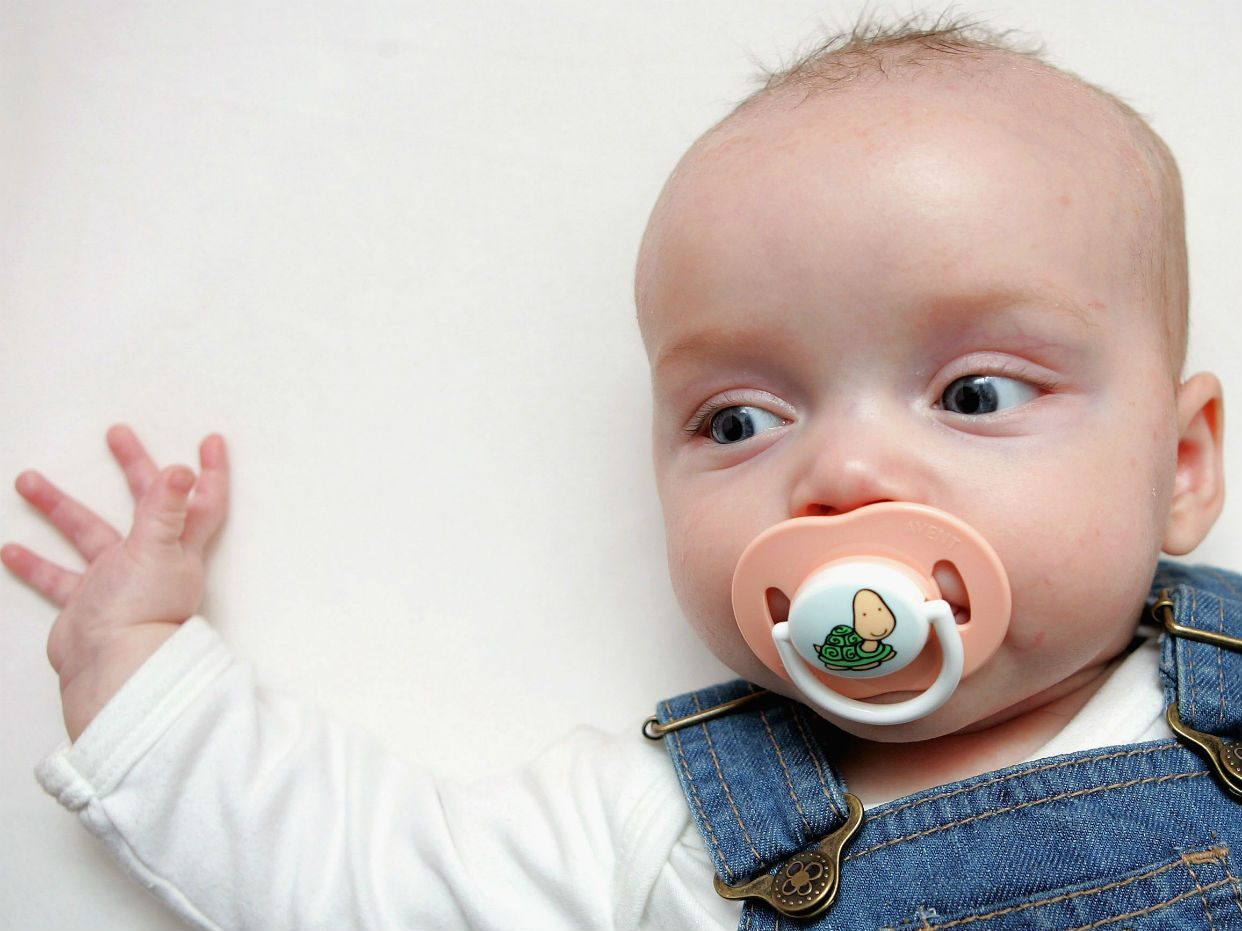Ancient ancestors most likely to have children at 27
And other stories from the stranger side of life

A free daily email with the biggest news stories of the day – and the best features from TheWeek.com
You are now subscribed
Your newsletter sign-up was successful
Our ancestors were most likely to have children at the age of 27, according to scientists at Indiana University. Their research predicted what time in their lives ancient humans procreated from the types of DNA mutations they passed on. Their analysis found that, on average, humans had children aged 26.9 years old. The average was 31 years old for men and 23 for women, said The Telegraph. “These findings contribute to a better understanding of our shared history,” remarked one of the researchers.
Emergency services get call over clogged drain
Emergency services in Canada said they have received 911 calls for matters as trivial as clogged drains and an unwanted voicemail. Other non-emergencies featured in the list of 2022’s most inappropriate 911 calls included someone reporting that their roommate had eaten their take-away food and another reporting that they had run out of milk. “Before dialling 911, please remember that calling the police should be reserved for police-related matters only and calling 911 should be reserved for life-threatening emergencies only,” a spokesperson told UPI.
‘Poo bank’ hopes to save humanity
A “stool bank” is hoarding “novel gut bacteria” to help save the microbes that are important to human health. “The stools arrive in their hundreds”, said The Times, including “poos from Puerto Rico” and “excreta from Ethiopia”. Adrian Egli, director of the Institute of Medical Microbiology at the University of Zurich, is using his hoard of waste to “establish protocols, test the ability to sequence the microbial diversity and make sure they can revive and reculture the samples”, said the paper.
The Week
Escape your echo chamber. Get the facts behind the news, plus analysis from multiple perspectives.

Sign up for The Week's Free Newsletters
From our morning news briefing to a weekly Good News Newsletter, get the best of The Week delivered directly to your inbox.
From our morning news briefing to a weekly Good News Newsletter, get the best of The Week delivered directly to your inbox.
For more odd news stories, sign up to the weekly Tall Tales newsletter.
A free daily email with the biggest news stories of the day – and the best features from TheWeek.com
-
 How the FCC’s ‘equal time’ rule works
How the FCC’s ‘equal time’ rule worksIn the Spotlight The law is at the heart of the Colbert-CBS conflict
-
 What is the endgame in the DHS shutdown?
What is the endgame in the DHS shutdown?Today’s Big Question Democrats want to rein in ICE’s immigration crackdown
-
 ‘Poor time management isn’t just an inconvenience’
‘Poor time management isn’t just an inconvenience’Instant Opinion Opinion, comment and editorials of the day
-
 Greenland’s capital becomes ground zero for the country’s diplomatic straits
Greenland’s capital becomes ground zero for the country’s diplomatic straitsIN THE SPOTLIGHT A flurry of new consular activity in Nuuk shows how important Greenland has become to Europeans’ anxiety about American imperialism
-
 Epstein files topple law CEO, roil UK government
Epstein files topple law CEO, roil UK governmentSpeed Read Peter Mandelson, Britain’s former ambassador to the US, is caught up in the scandal
-
 Iran and US prepare to meet after skirmishes
Iran and US prepare to meet after skirmishesSpeed Read The incident comes amid heightened tensions in the Middle East
-
 Israel retrieves final hostage’s body from Gaza
Israel retrieves final hostage’s body from GazaSpeed Read The 24-year-old police officer was killed during the initial Hamas attack
-
 China’s Xi targets top general in growing purge
China’s Xi targets top general in growing purgeSpeed Read Zhang Youxia is being investigated over ‘grave violations’ of the law
-
 Panama and Canada are negotiating over a crucial copper mine
Panama and Canada are negotiating over a crucial copper mineIn the Spotlight Panama is set to make a final decision on the mine this summer
-
 Why Greenland’s natural resources are nearly impossible to mine
Why Greenland’s natural resources are nearly impossible to mineThe Explainer The country’s natural landscape makes the task extremely difficult
-
 Iran cuts internet as protests escalate
Iran cuts internet as protests escalateSpeed Reada Government buildings across the country have been set on fire